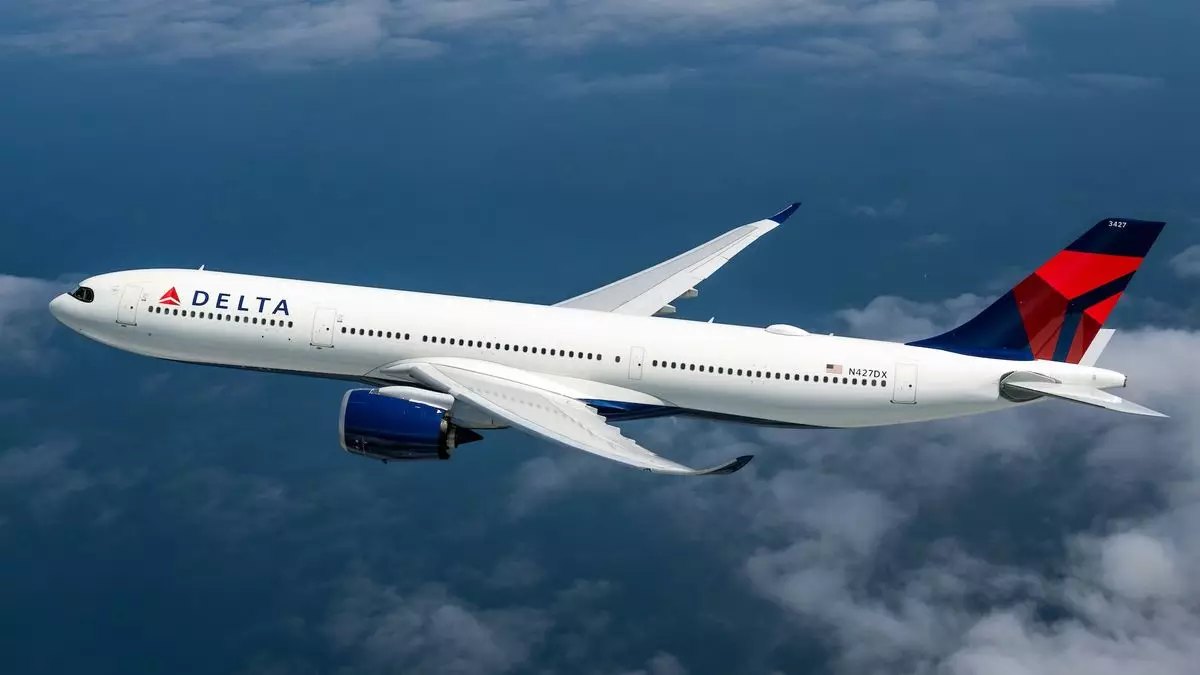In late October 2023, Delta Air Lines took a dramatic step by filing a lawsuit against CrowdStrike, a prominent cybersecurity firm. The crux of the dispute revolves around a massive technology outage that occurred in July, leading to the cancellation of approximately 7,000 flights and significant operational disruptions. Delta is seeking compensation for the monumental financial losses incurred, which it estimates exceed $500 million, claiming that CrowdStrike’s failure to adequately test a critical update was at the heart of the chaos.
This incident unfurled during a busy season, impacting passengers, airlines, and various sectors reliant on technological infrastructures, including banking and healthcare. The implication is profound: how can an airline, depended upon by millions, be brought to its knees by a cybersecurity partner’s oversight?
Allegations and Counterclaims
Delta’s suit accuses CrowdStrike of negligence, alleging that shortcuts were taken in the deployment of the software update that inadvertently resulted in widespread operational failures. The airline highlights that such oversights directly led to a flawed recovery process, which has drawn scrutiny from the U.S. Department of Transportation.
On the flip side, CrowdStrike vehemently denies these allegations, framing them as a misrepresentation of the situation. Their representatives argue that Delta’s approach not only mischaracterizes the role of cybersecurity in such instances but also attempts to deflect responsibility for its delayed response following the outage. Meanwhile, the DOT is probing why Delta took longer than other airlines to resume normal operations, coupled with complaints regarding inadequate customer service during the crisis.
The Ripple Effect of the Outage
While the focus remains on Delta and CrowdStrike, it is essential to recognize the broader ramifications of this disruption. The outage wasn’t merely a setback for Delta; it reverberated across multiple sectors, affecting hospitals that needed urgent access to patient data and banks reliant on stable systems for transactions. This raises crucial questions regarding the implications of cybersecurity measures — or the lack thereof — within integrated, multi-industry infrastructures.
In its legal filings, Delta encapsulates its claims with a stark warning about the risks posed by inadequate cybersecurity practices, underscoring a critical debate within the tech and services industries: the need for rigorous testing and validation to prevent catastrophic failures that affect millions. They maintain that CrowdStrike’s actions led not just to inconvenience but to a “global catastrophe,” challenging the effectiveness of widely-advertised safety protocols.
As this legal battle unfolds, it underscores the critical importance of accountability in cybersecurity partnerships. With Delta’s lawsuit, the airline is not merely seeking financial restitution; it is advocating for transparency and responsibility to prevent future incidents. This case highlights a growing tension in our increasingly interconnected world, where the actions of one entity can significantly impact countless others. As the U.S. DOT continues its investigation and public interest in the case grows, both Delta and CrowdStrike are likely to face heightened scrutiny over their practices and obligations in safeguarding critical infrastructure. The resolution of this dispute may very well set precedents regarding liability and the responsibilities of cybersecurity firms in managing risk for their clients.


Leave a Reply